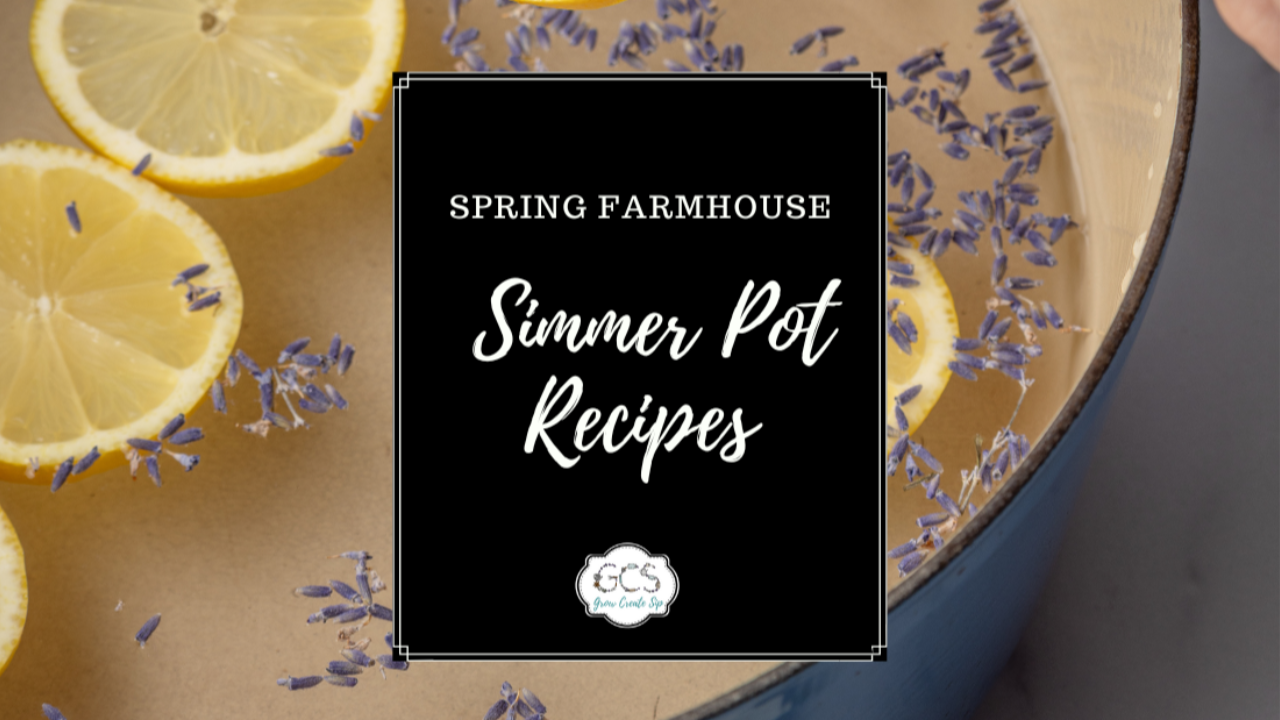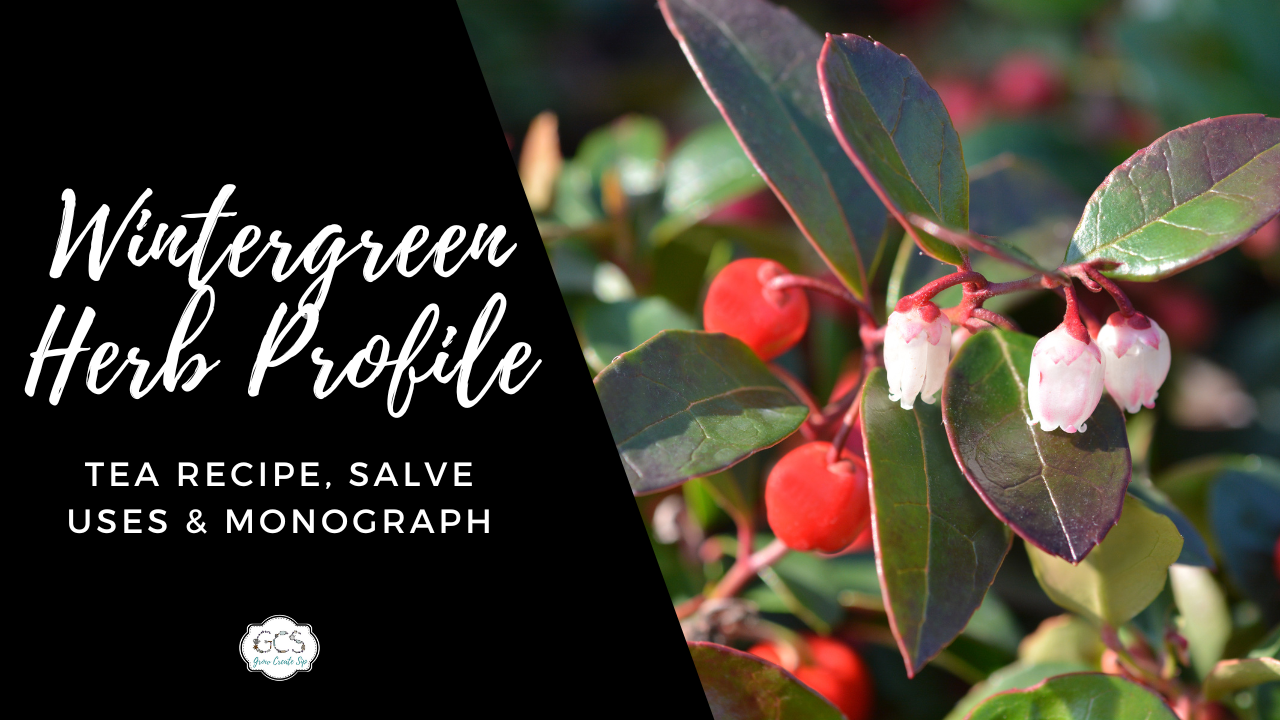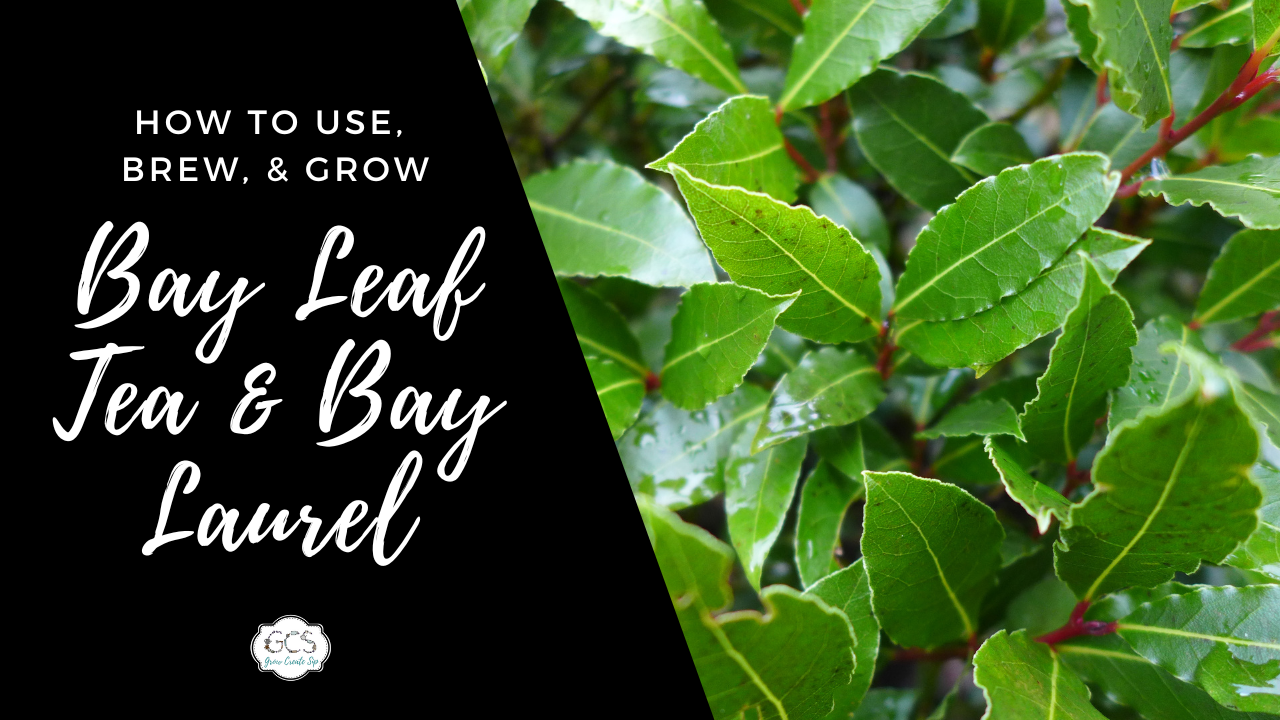How to Make Elderberry Syrup (and Ways to Use It!)
Nov 04, 2024
We’ve long sung the praises of elderberry here on the blog! We love it in syrup for pancakes, in chia pudding, and even in homemade sea moss gummies. Not only are elderberries delicious, but they also boast numerous medicinal and health benefits. One of the better ways of consuming it is in homemade elderberry syrup!
Elderberries are packed with antioxidants and have been shown to boast antiviral and anti-inflammatory properties too. The good news is that it’s very easy to make into a syrup at home with just a few simple ingredients.
Learn how to make your own delicious and healthy elderberry syrup with our easy-to-follow recipe! Discover the numerous health benefits of elderberries, including their immune-boosting properties and why syrup is used to prevent colds and the flu. You’ll also learn how to add herbs like orange peel, rose hips, and echinacea to enhance the flavor and nutritional value of your homemade elderberry syrup.
The Legal Stuff
St. Fiacre's Farm LLC provides this blog for informational purposes only. It does not constitute medical advice, and you should always seek the advice of a qualified healthcare provider for any medical questions or concerns. Please note that we may earn a small commission on any purchases you make through our affiliate links at no additional cost to you. Thank you for your support!
The Health Benefits of Elderberry
We have already gone over many of the health benefits of elderberry, but they are worth mentioning again, especially if you’ve never made elderberry syrup before!
This tiny berry certainly packs a punch. As mentioned, it’s full of antioxidants and also has antiviral and anti-inflammatory properties, which could help boost your immune system and fight off illness (Source). We could all use a little bit of protection, especially with littles running around.
Some of the specific benefits of elderberry include:
- Cold and flu prevention: Has been shown to help people get better from colds and flu faster.
- Immune system support: Could help boost your immune system, making you less prone to illness.
- Antioxidant protection: Antioxidants may help protect your cells from damage.
- Digestive health: Could help improve digestion and relieve constipation.
We love adding elderberry to homemade gummies… it’s such a fun way to incorporate good-for-you herbs into our kids’ daily routines. It’s also great to use as a tincture — that way you’ll always have plenty of herbal immune support on your shelf without having to worry about mold or aging. You can even can it too!

Different types of elderberries
The are two main types of elderberries: black and blue. Black elderberries are the most common type and have a slightly tart flavor. Blue elderberries are sweeter and have a more delicate flavor.
Black elderberry is the most common type and is often used for medicinal purposes. It has a slightly tart flavor and can be turned into syrups, jams, and juices. Blue elderberry is less common and has a sweeter, milder flavor. It’s also used to make things like syrups, jams, and desserts. American elderberry is native to North America and has a flavor similar to that of black elderberry.
A caution about red elderberry: all parts of red elderberry are poisonous unless cooked. It’s important to note!

Making Elderberry Syrup Step-by-Step Guide
You’ll need the following to make our recipe for elderberry syrup:
- Elderberries: Syrup works best with dried berries, as you’d need far more if they were fresh! Simmering them in water helps rehydrate them.
- Honey: Ideally raw and unfiltered. We also always recommend local honey for its allergy and immune benefits.
- Cinnamon: Ground or cinnamon sticks can be used, though ground cinnamon sometimes doesn’t mix in very well. Cinnamon chips (they look like little pieces of bark) are also an option!
- Water
- Raw Apple Cider Vinegar: Applce cider vinegar comes with it's own health benefits and it is naturally fermented providing some raw probiotics which are great for supporting immune health
As a note, heating and/or cooking honey destroys most of its nutritional benefits, which is why we don’t add it in with the other ingredients to simmer! We much prefer to strain the syrup, let it cool slightly, then stir in the honey until it dissolves. Once it does, pour your homemade syrup right into a jar for storing.
 Photo by Kayla Joy Creative
Photo by Kayla Joy Creative
Ways to Use Homemade Elderberry Syrup
There are so many uses for this syrup — it’s incredibly versatile. You can take it on its own, or add it to other foods or drinks like tea. Here are a few of the ways that we like to use it:
- Take it straight: The simplest way to use elderberry syrup is to take it straight from the spoon. Adults can take 1-2 tablespoons per day.
- Add it to tea: It would pair especially well with chamomile or lemon ginger green tea.
- Mix it into smoothies: Elderberry would taste great in smoothies made with other berries, spinach, bananas, almonds, and milk.
- On top of yogurt or pancakes, It’s so tasty at breakfast!
- In baking: To add nutrition, color, and flavor.
Something else to note here: it’s best to take breaks with your elderberry. You can use it daily for up to 2 weeks, but then take a week off before resuming.
 Photo by Kayla Joy Creative
Photo by Kayla Joy Creative
Enhancing the Benefits with Herbs
Our recipe for elderberry syrup is full of benefits as is, but we also wanted to give you several add-in options to choose from in case you wanted an extra boost!
- Orange peel: A good source of vitamin C, which can help improve your immune system. It has also been shown to have prebiotic properties (Source).
- Rose hips: Also rich in vitamin C and antioxidants, as well as anti-inflammatory properties (Source).
- Astragalus: A powerful herb that can help boost your immune system — it fights against colds especially — and reduce stress (Source).
- Echinacea (or coneflower): Another herb that can help boost your immune system and fight off infections. It may also help prevent coughs, fever, and sore throats (Source).
- Cinnamon: A great way to add flavor to our fresh elderberry syrup recipe, plus it has anti-inflammatory properties (Source).
- Ginger: A digestive aid that could also help relieve nausea (Source).
- Cloves: Have antimicrobial properties and may help relieve toothaches in particular (Source).
- Marshmallow root, slippery elm, or licorice root: All have been shown to help with sore throats (Source).
- Dried elderflowers: Could help with fevers (Source).
Most of the herbs will take on an, ahem, funky taste if you simmer them with everything else. Generally, it’s okay to simmer spices like orange peel, ginger, or cloves, but herbs should be steeped afterward.
We usually simmer our base, turn off the heat, and then add whatever herbs we’d like. Let your mixture sit for about 20 minutes at room temperature, strain, and then you’re good to store it.
And if you don’t want to take the time to track down all of these herbs separately, we have a wonderful herbal elderberry syrup mix made with all organic ingredients!

Photo by Kayla Joy Creative
Recipe for Elderberry Syrup Frequently Asked Questions
Is it safe to make your own elderberry syrup?
Yes, it’s generally considered safe to make your own syrup from elderberries. However, it is important to use only ripe, cooked elderberries, as raw or unripe berries can be toxic. Additionally, folks with certain medical conditions should always consult with their doctor before making and consuming our fresh elderberry syrup recipe.
How long is homemade elderberry syrup good for?
When properly stored in the refrigerator, our recipe for elderberry syrup can last for up to a few months. That said, if you notice any sign of spoilage like mold or a change in taste or texture, it’s better to toss it.
How long to cook elderberries to remove toxins?
Cooking elderberries for 20-30 minutes is usually enough to remove any toxins. It’s also important to use only ripe elderberries and to discard any unripe or moldy berries before cooking. You should also never eat raw or uncooked elderberry leaves or stems, as they can be toxic.

The Must-Have Herb for Cold and Flu Season
Elderberry syrup is a delicious and healthy homemade syrup that can help boost your immune system and fight off illness, among so many other things. It's easy to make at home with just a few simple ingredients, and you can add herbs to the mix to make it even better for you. That’s the beauty of making your syrups, tea blends, tinctures, and more — you get to choose exactly what you put into them!
If you would like to make more of your own home remedies quickly, I recommend that you check out the Practical Home Herbalism Kit at Farmhouse Teas. Before you run off to make your own elderberry syrup, though, would you do me a favor? Comment below about your experience buying elderberry syrup at the store. I'd love to know what you think of the different brands!
Learn More about Elderberries & Other Herbs
- DIY Herbal Cough Drop Recipe
- Herbal Apple Cider Vinegar Gummies Recipe
- Herbal Allergy-Fighting Tea Recipe
- Herbal Tea for Sleep
- Acid Reflex Remedies & Fennel Tea for Indigestion
- Best Tea for Pregnancy and Breastfeeding
















